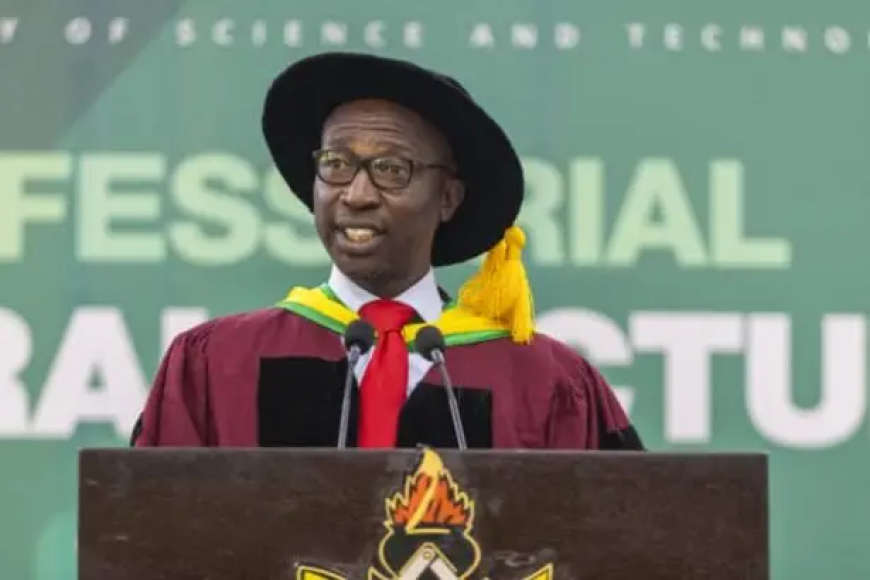KNUST Scientist Proposes Nanotech Revolution to Power Ghana’s Green Energy Future
A leading scientist at the Kwame Nkrumah University of Science and Technology (KNUST) has proposed a nationwide embrace of nanotechnology to accelerate Ghana’s transition to a green and sustainable energy future. The initiative aims to integrate nanotech into solar, battery, and fuel cell research.

Kumasi, Ghana – A groundbreaking proposal from a senior scientist at KNUST is gaining attention in academic and policy circles, as it outlines the transformative potential of nanotechnology in reshaping Ghana’s energy sector.
In a public lecture held on campus, the scientist highlighted how the integration of nano-scale materials and technology can significantly enhance solar panel efficiency, energy storage systems, and clean hydrogen fuel production.
"Ghana must not be a passive observer of the green energy revolution. Nanotech offers us a chance to leapfrog outdated systems and build our own sustainable energy future," the scientist emphasized.
According to the presentation, nanomaterials can dramatically improve battery lifespan, reduce energy losses, and power rural electrification projects in a more affordable and scalable way.
The proposal also called for national investment in nanotech labs, university-industry collaborations, and inclusion of nanoscience in engineering curricula to prepare the next generation of Ghanaian scientists.
✅ Conclusion:
As the world shifts toward cleaner energy alternatives, Ghana’s emerging nanotech research could position the country as a leader in innovative, home-grown energy solutions. The bold vision from KNUST is a call to action for government, academia, and industry to align science with sustainability.
What's Your Reaction?



















































































